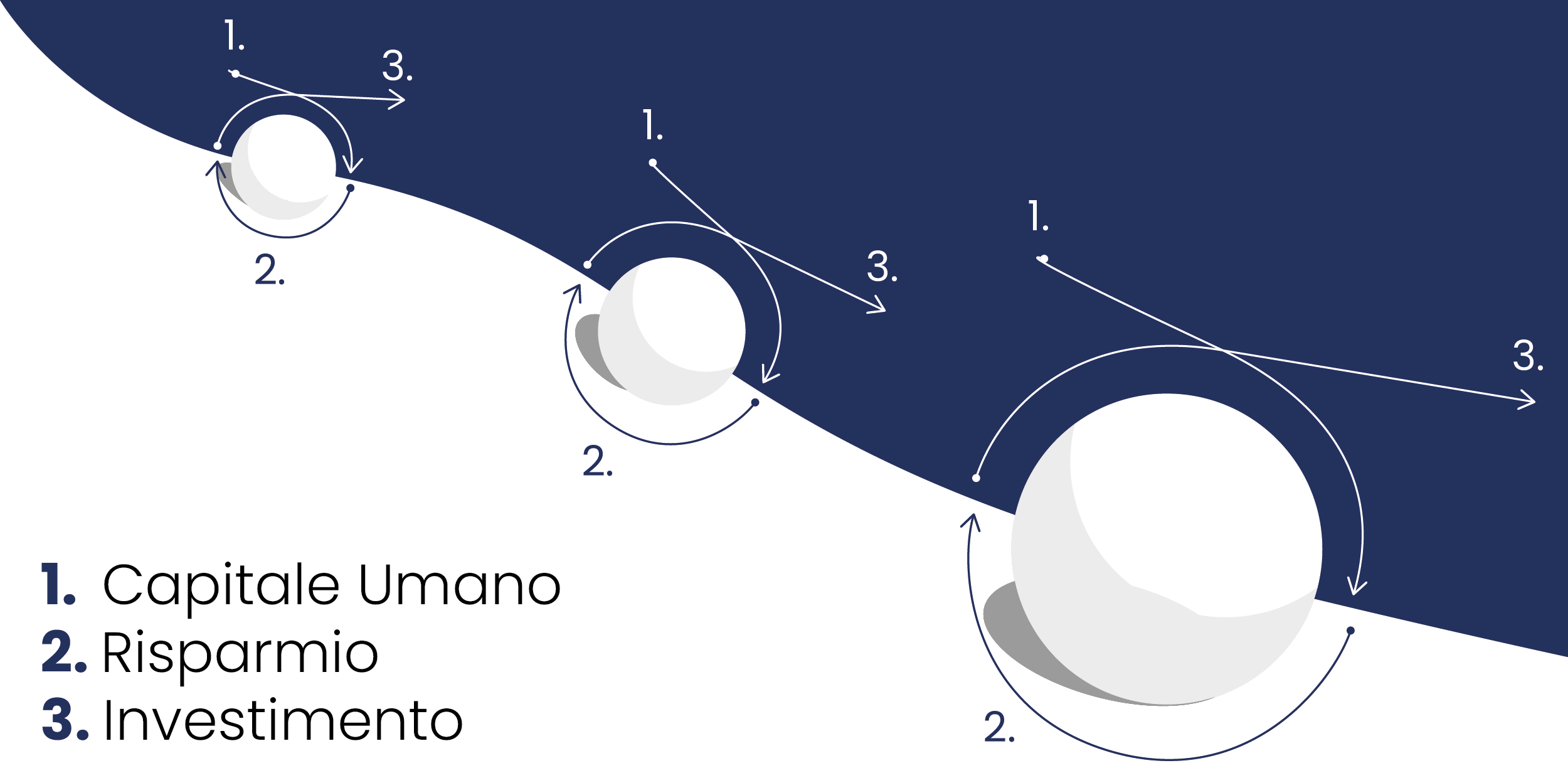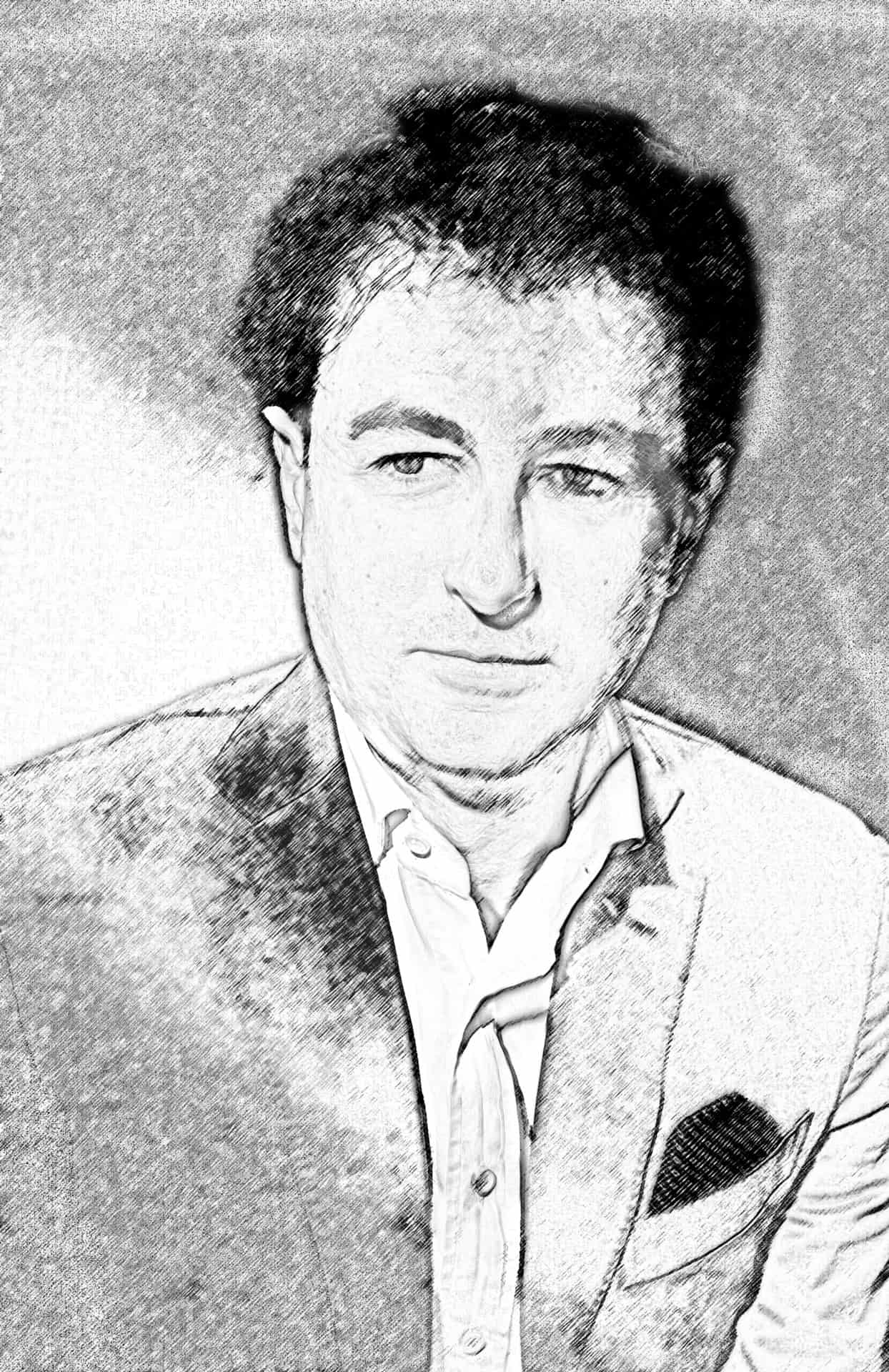There is a lot of talk about so-called brain drain, which is why I decided to include this type of experience on the blog as it is useful in the journey towards financial independence. If you have always had the desire to emigrate, but this dream has not yet come true, then perhaps what you will read could help you.
In the previous article “Expatriation for Increase Income”, we discussed how emigration can be an effective strategy to expand career opportunities and significantly increase income.
Emigration is a journey rich in potential for professional and personal growth; it exposes individuals to new job markets and different cultures, enriching both skills and personal perspectives. It was highlighted that there are two main modes: individual emigration and corporate emigration.
The article also emphasizes the importance of choosing a country based on salary purchasing power and meritocratic opportunities, with a particular focus on the United States and Switzerland.

The three stages to achieving financial independence.
The Story of Silvano Paxia
It’s time to take a step forward by inaugurating the Brain Drain series. Today, I am interviewing a friend who has successfully gone through this experience, one of the many brains fleeing from Italy: engineer Silvano Paxia.
TFC: Dear Silvano, good morning and thank you for this testimony. I assume you are very busy. The first step of my reference model is represented by strengthening Human Capital, which means investing in oneself, including education, training, skills, and relationships. This is a fundamental element for achieving financial independence. Could you briefly tell us about your educational background?
SP: My family has always valued education, as my father was a Geometry professor at the Faculty of Engineering in Catania and my mother taught Italian and History. We grew up on a diet of mathematics and have lived abroad due to my father’s research: India, Canada, and the United States. In Boston, I attended one of the rare American schools with Latin, the renowned Boston Latin Academy.
My parents chose to invest in our culture and education instead of leaving us material goods that today would be worth almost nothing. I am very grateful to them
I studied Computer Engineering in Catania, with a thesis at the Robotic LAB of New York University. With a scholarship, I obtained a Master’s in Computer Science at New York University. This brought me many opportunities both materially and in terms of mindset. I am not satisfied and continue to study and obtain new certifications because in the IT sector what is done now is already outdated and we need to anticipate the future.
TFC: You fall into the classic category of brains fleeing. When and why did you decide to emigrate? What kind of emigration was it for you?
SP: My brother, an American citizen, encouraged me to participate in the Green Card lottery ten years ago, anticipating difficulties for Europeans and Italians. I won on the first attempt, just like him. I was working as a IT consultant and had a company in Sicily with clients worldwide, but moving abroad with a family over 40 was not easy; it required quite a bit of courage.
But in 2019 I decided to change my life, thinking about my children. I organized everything in 5 months, planning as I do with my projects, and I was hired by my best client, a American multinational, and we moved: myself, my Malaysian wife, and our two children.
TFC: What were your initial difficulties? For example, did you have problems with the language? Did the children integrate easily into school?
SP: As soon as we arrived in America, my family and I felt at home. We had no problems with the language because the children always spoke English with their mother. We adjusted well at work, found new friends, and the place was wonderful, it felt like a dream.
But life had a harsh surprise for us; after only three months, we discovered that my wife had an incurable cancer, and then the pandemic hit, and all our life plans seemed to crumble. Things were also complicated by the healthcare system, which was very different from the Italian one and not easy to understand. My wife passed away the following year, but I did not change my mind; I wanted my children to grow up in a place that could offer them a better future, so I decided to stay in the United States, and with the support of my family, who never left me alone, I can say today that I am happy with my life choice.
TFC: Now, let’s move on to your brilliant professional career. Is it true that the US is meritocratic or is it a false myth? What do salaries in your field start at for an engineer?
SP: I can confirm that it is not a myth, and my career is proof of that. In 2009, the multinational where I work now chose my small consulting firm in Sicily to create a strategic 3D modeling software that is still used today in 60 countries and 11 languages. They chose us for our professionalism and creativity, a significant challenge for the American multinational given that Silicon Valley is not far away. But this shows that for companies, skills matter, not race, appearance, or recommendations. It is also true that for certain executive roles, relationships weigh heavily.
Salaries in the United States vary greatly depending on where you work; of course, New York and California, where I live, are where salaries are highest, but also because the cost of living is very high. A junior IT engineer in California starts with a salary of $100K per year plus bonuses and other benefits.
TFC: In my model, the second step to achieving financial independence is savings. I wonder, when you worked in Italy, how much did you manage to save as a percentage, and has the savings percentage increased now that you live in California?
SP: I saved 10% in Italy, here in the USA 30-35%. Companies raise salaries by 5% every year, plus bonuses and promotions, so saving is good. I also invest in pension funds and college savings for my children.
TFC: The third and final step is represented by investments. Do you prefer stock investments or real estate? How is your portfolio structured?
SP: Currently, my portfolio includes ETFs and some tech stocks. I invested in Microsoft several years ago, and now, thanks to investments in AI, it is undoubtedly the world’s leading tech company. Competitors cannot match it and choose to ally with Microsoft rather than challenge it, as shown by Oracle’s case.
TFC: What advice would you give to those who consider themselves part of the brain drain and want to try emigrating?
SP: I don’t know how to give advice because it is a personal choice, but it takes the courage to start from scratch and not get discouraged by initial difficulties but to believe in your project. It also requires a clear plan and not just going with the flow; you need to organize every step and manage challenges, as I did. One should also know that experiences gained in Italy are valuable in other countries because Italians are highly regarded worldwide.
TFC: To conclude, what do you miss about Italy and how often do you usually return?
SP: I return to Italy every summer, but after a week, I want to leave and return to California. Here, I appreciate the respect, cleanliness, and rules that are lacking there. I am sad to leave my homeland, but I know that Italy has shaped me, made me creative, and taught me interpersonal relationships. We Italians do a lot with little, and this is appreciated everywhere.
Thank you, Silvano, for this brief interview and for the time you dedicated to me. Well done!
It has been truly interesting to have had the opportunity to discuss with you.
On avance!








